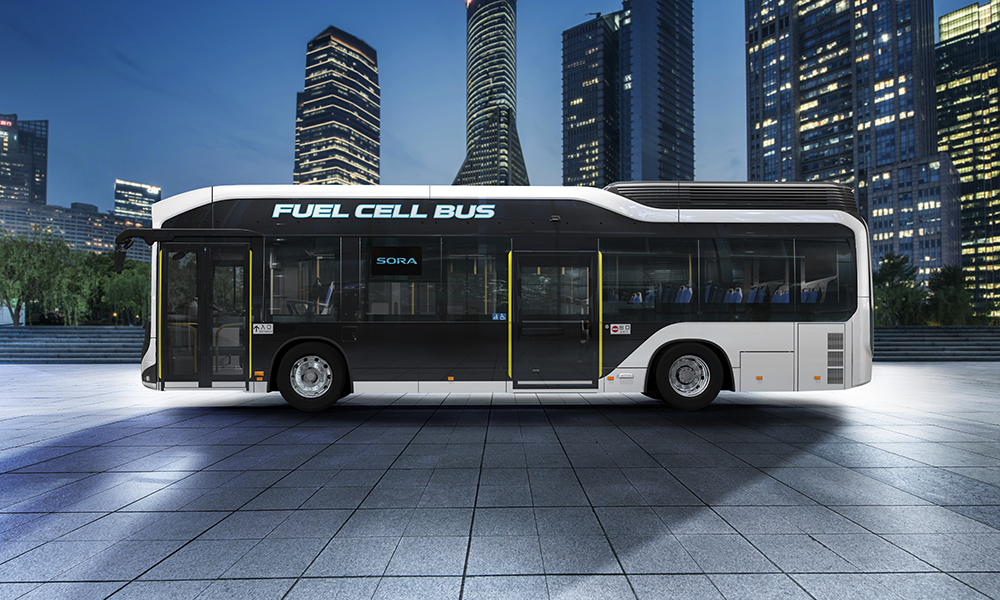
To help realize the goal of carbon neutrality by 2050, Toyota, Isuzu and Hino recently announced fortification plans to electrify buses. These three major manufacturers are collaborating with Tokyo-based Commercial Japan Partnership Technologies, which aims to address social issues with the spread of CASE technologies—acronym for “Connected” cars, “Autonomous” driving, “Shared” and “Electric.” The partnership will increase customer options and reduce vehicle costs while creating widespread awareness on the practical and sustainable nature of electric transportation.
Hino and Isuzu have been working together since 2002, answering the bus requirements of Japanese operators. Now, the two firms continue to support this sector and are going carbon-neutral by starting the production of electric buses. Isuzu is spearheading the development of the BEV (battery-electric vehicle) flat-floor route bus, and production is slated for 2024. Apart from its zero-emissions benefits, this aims to provide zero onboard accidents thanks to the versatile layout options provided by BEVs. The flat-floor space of the interior can be greatly expanded to significantly improve travel safety as opposed to the more limiting interior of conventional non-step buses.
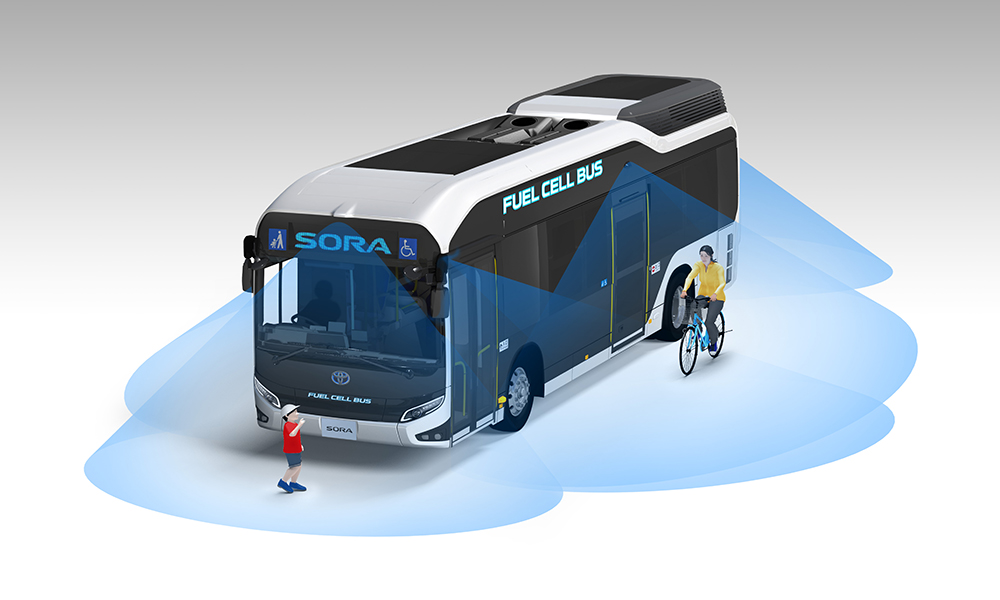
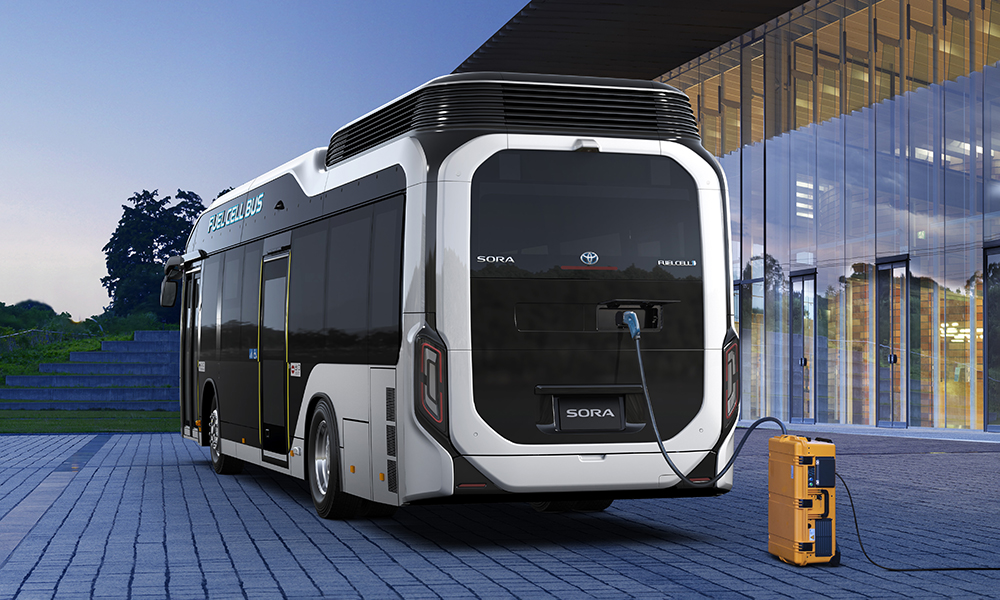
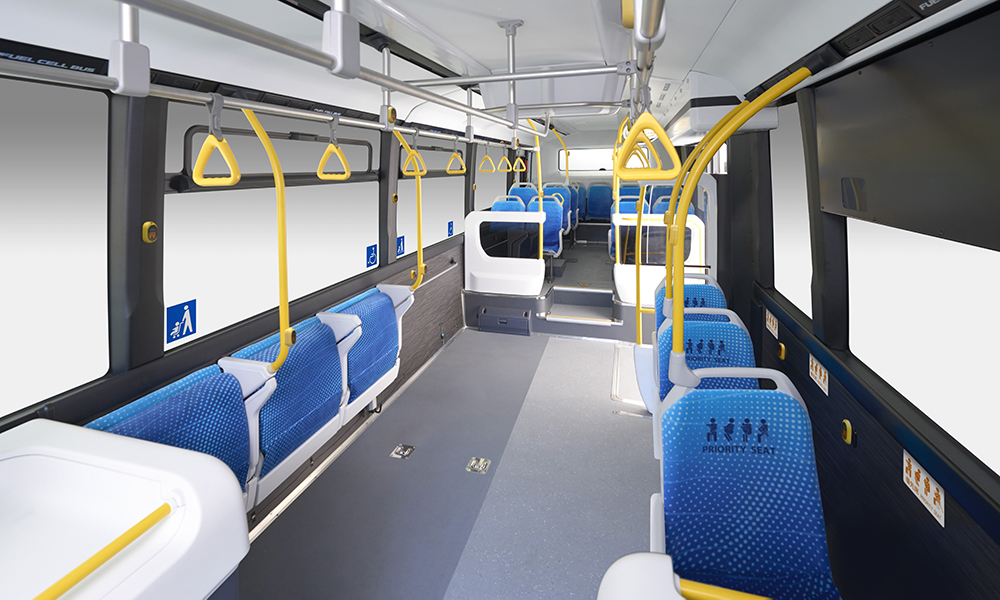
Utilizing the platform of the BEV flat-floor bus, the three firms have also agreed to pursue the development of next-generation fuel-cell electric vehicle (FCEV) route buses to be launched in 2024. These buses will adopt Toyota’s fully developed fuel-cell system currently found in the Mirai and the SORA fuel-cell bus.
With the shared components found between BEV and FCEV route buses, cost-reduction will be significant. Furthermore, utilizing Toyota’s and Hino’s know-how and adopting new-generation fuel-cell stacks, these products will offer longer-life operation and greater value down the road.
The three companies are exerting all efforts to fulfill their initiatives of addressing global environmental issues in the coming decades. Sustainable mobility plays a major role in realizing such initiatives. Maybe our own transport sector should follow suit.

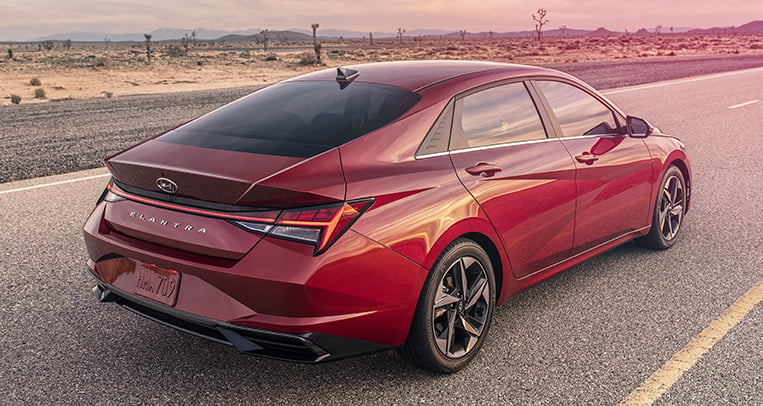
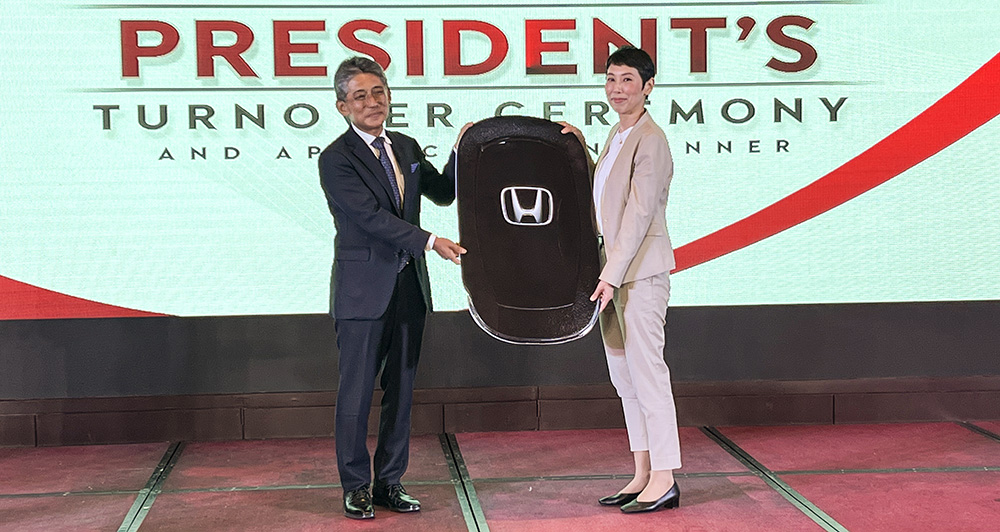
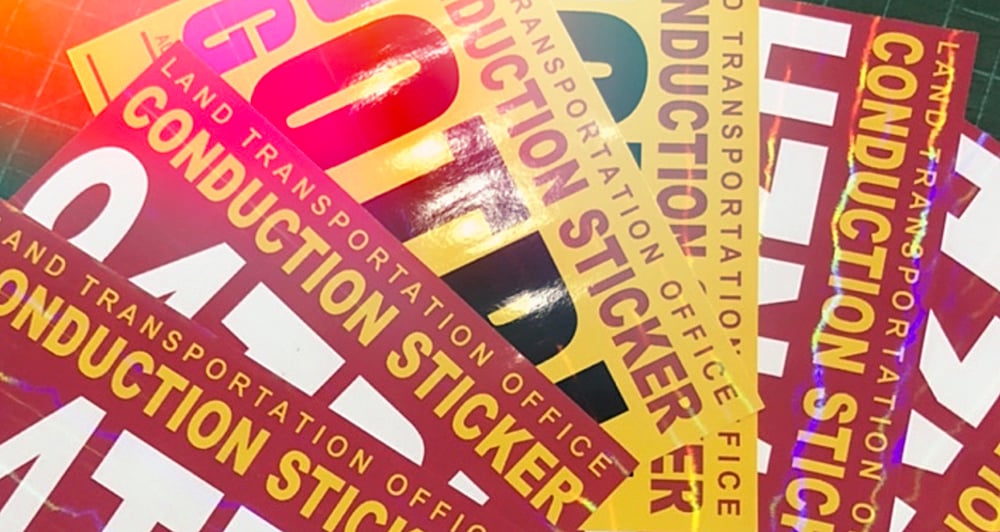
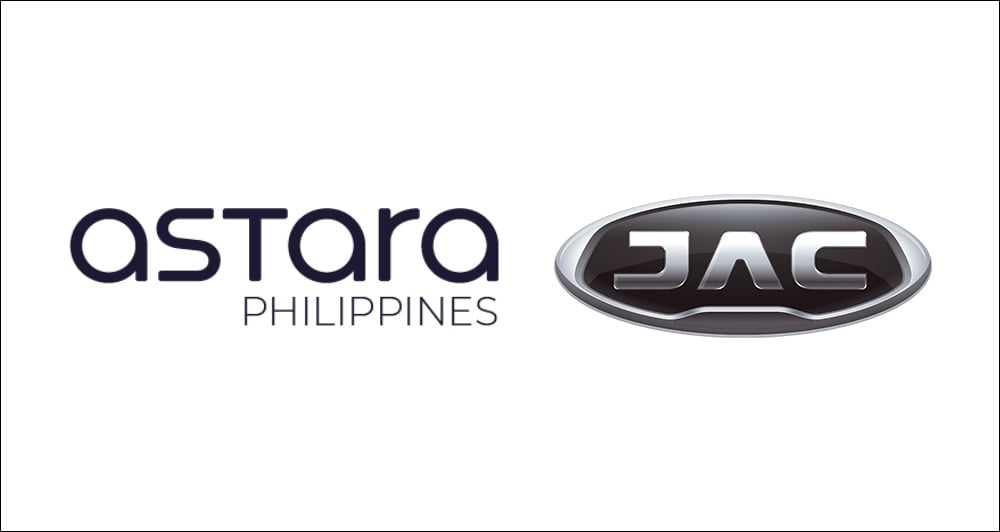
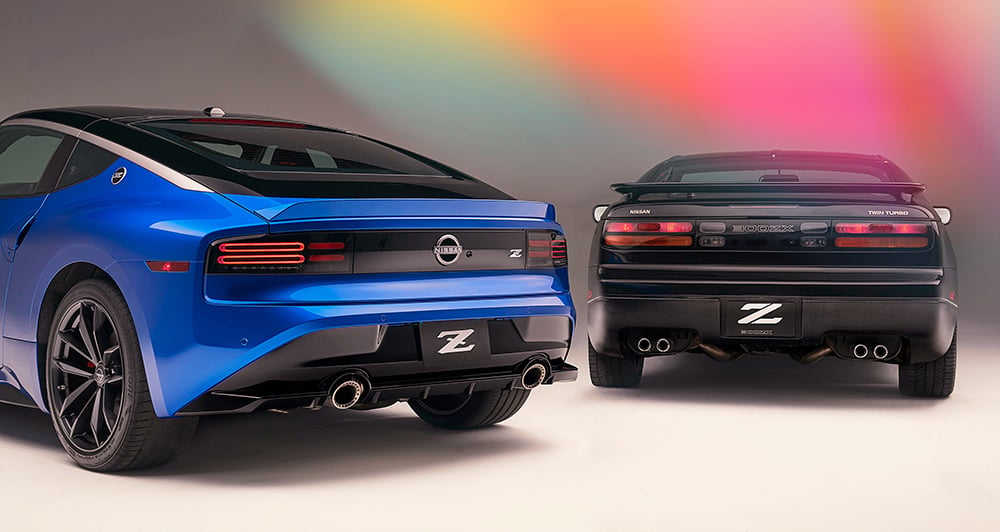
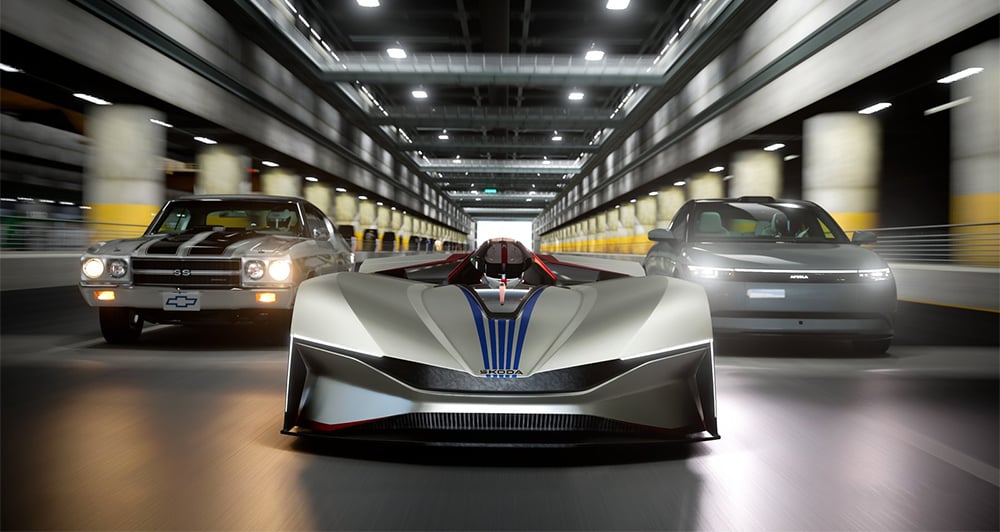
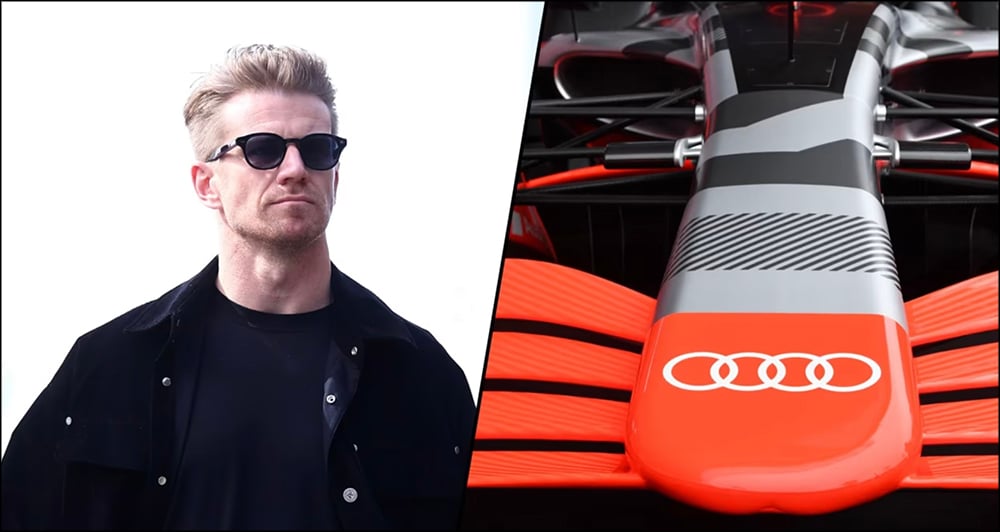
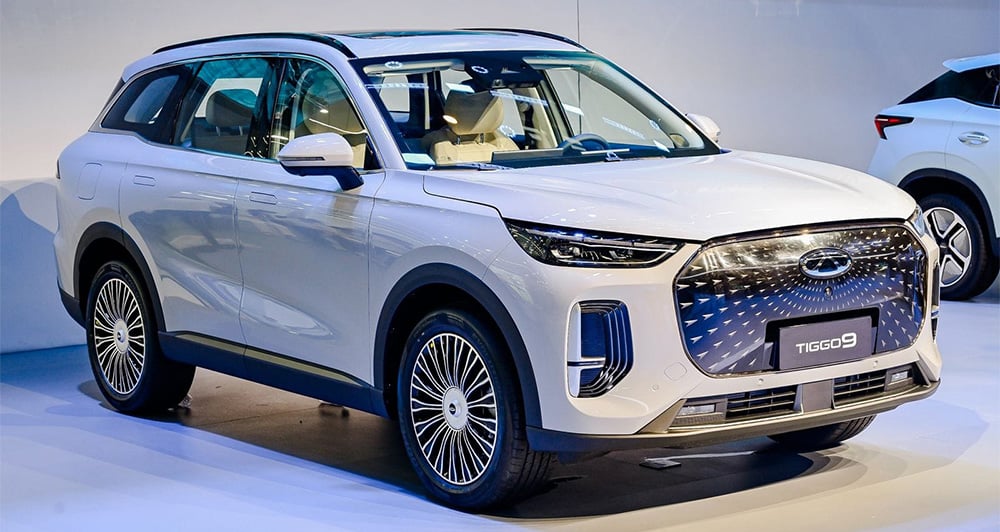
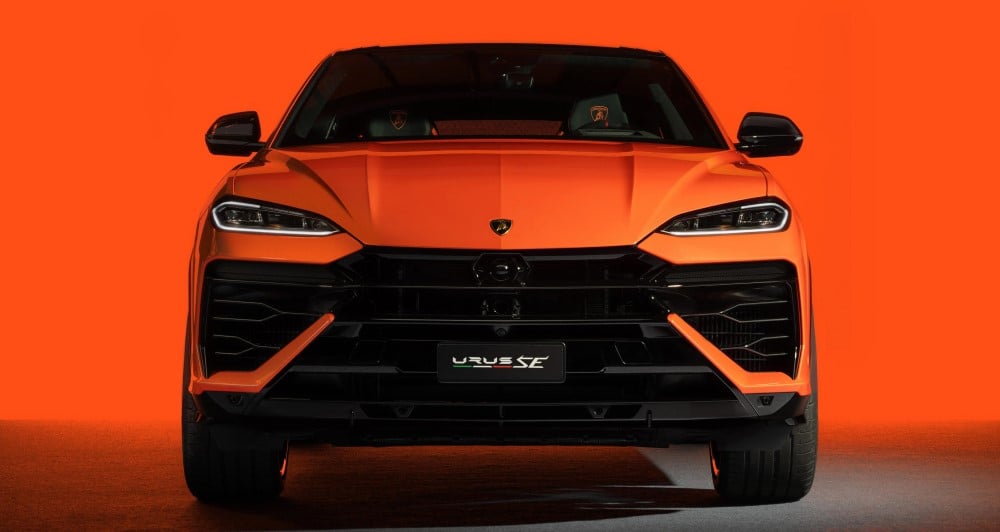
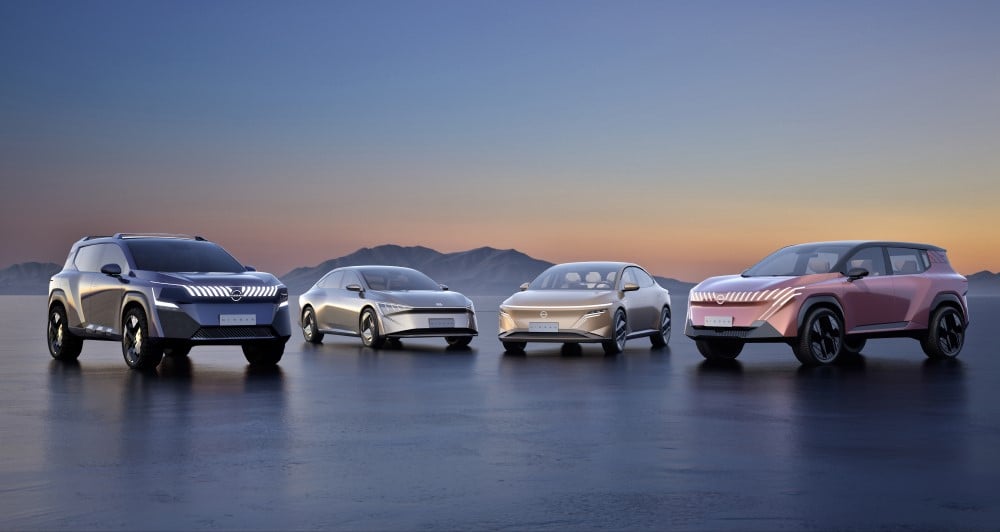
Comments